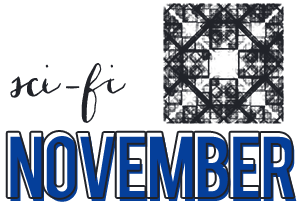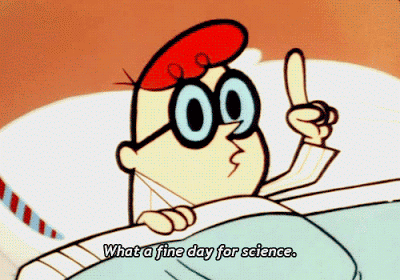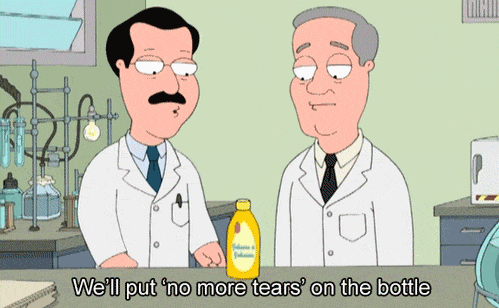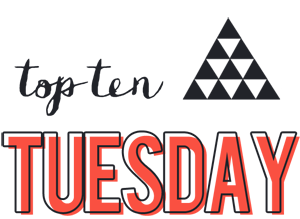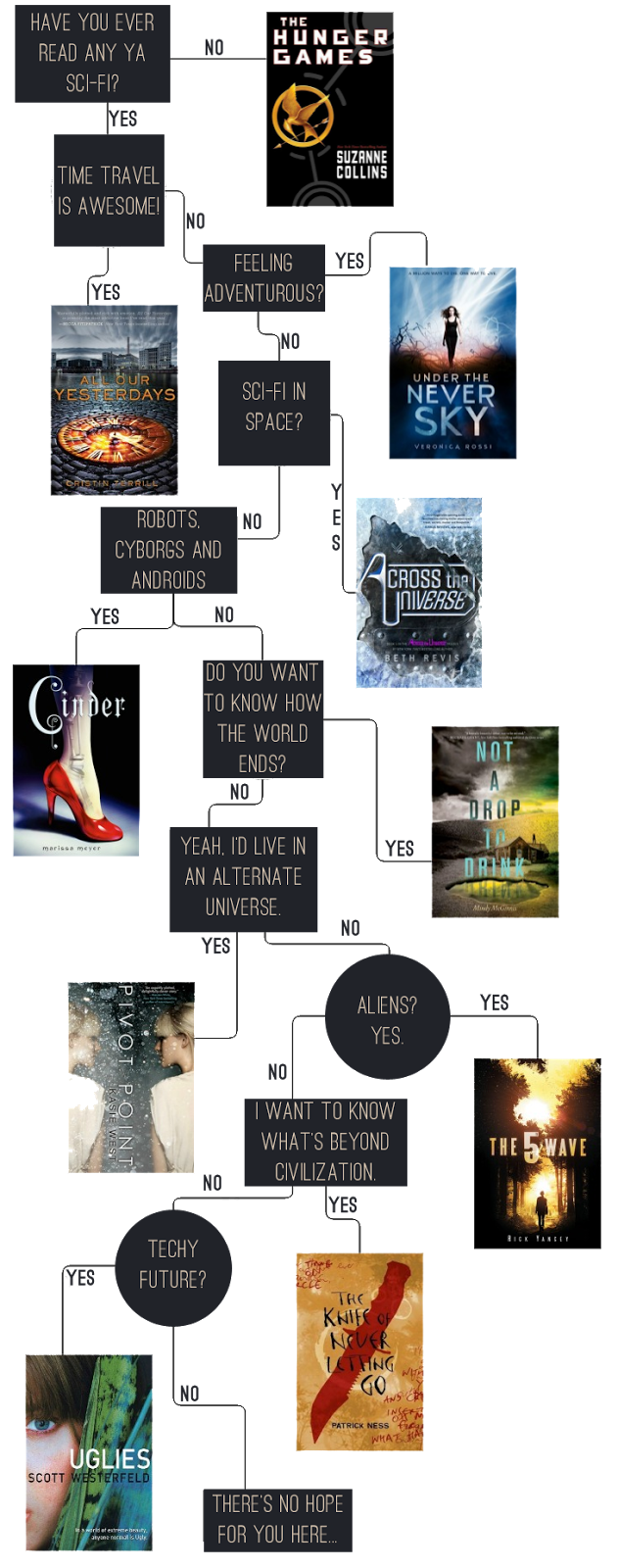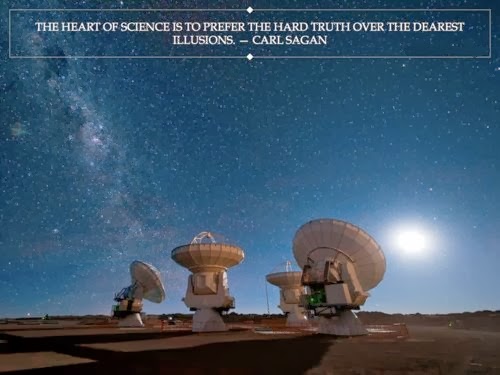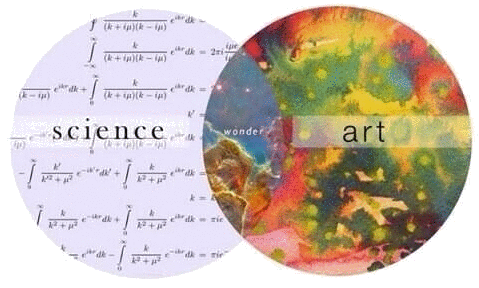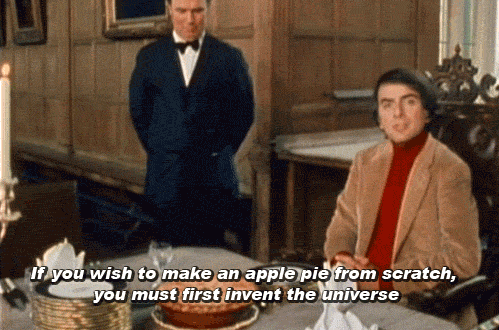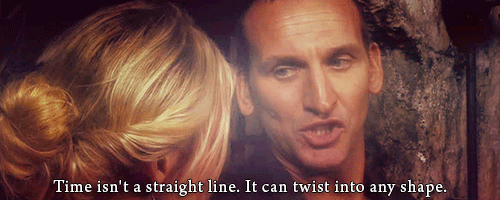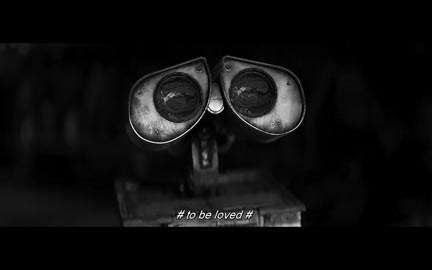In 2014, YA sci-fi releases had varying degrees of success, some were hyped too much others not at all and most involved a group working towards a common goal. Duology starters like Mindee Arnett’s Avalon and Claudia Gabel and Cheryl Klam’s Elusion failed to impress many readers while, Sophie Jordan’s Uninvited fast-paced story kept us hooked and Melissa Landers’ Alienated slowly build up to its finale. Others like Marissa Meyer’s Cress, Erika O’Rourke’s Dissonance and Amie Kaufman and Meagan Spooner’s This Shattered World have been included in the highly anticipated lists of many.
What does 2015 have in store for all of us? I compiled a list of top sci-fi to look out for next year.
Sci-Fi Series Starters
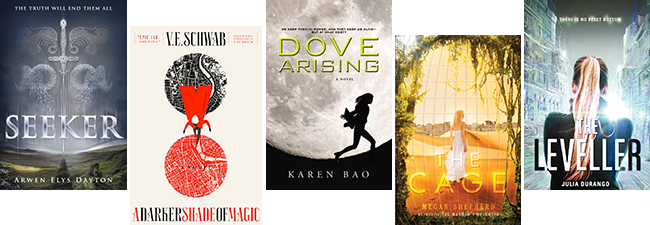
Dove Arising by Karen Bao -Initially, this book had an awesome cover and I wanted to read it mainly because of that. Sadly, they changed it
The Cage by Megan Shepard – A half dozen teenagers trapped in a human zoo which is controlled by an otherworldly race known as Kindred.
The Leveller by Julia Durango – Fall into a brand new series about Nixy whose job is to be a bounty-hunter with a twist. Dragging kids from virtual reality back into real life should be easy enough but not when the game’s billionaire developer’s son, Wyn, goes missing.
Illuminae by Amie Kaufman and Jay Kristoff – There’s so much hype regarding Illuminae and for once, I think it’s well-deserved because have you read These Broken Stars and Stormdancer? Illuminae follows a hacker and her ex-boyfriend on a fleet who team up to uncover the the truth behind the plague ravaging it.
The Outliers by Kimberly McCreight – Already optioned by Lionsgate, The Outliers includes a psychological weapon called EQ Transference and the group which calls itself the Outliers and is set in a utopian world.
Passenger by Alexadra Bracken – The news about Bracken’s new series came at the right time as her highly acclaimed The Darkest Minds series came to an end this year. Passenger follows a modern teen’s accidental discovery of her ability to time-travel and involves a treasure hunt. Fun times ahead.
Futuristic Stand Alones

Duplicity by N. K. Traver – Duplicity has hacking plastered all over it. It’s a digital hell for Brandon when his reflection starts moving with a mind of its own. Now that’s scary and exciting as hell!
The Good Ol’ Sequels

